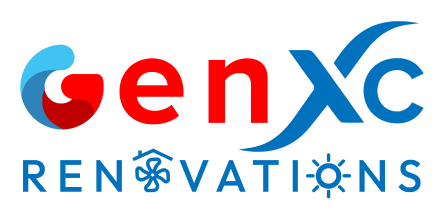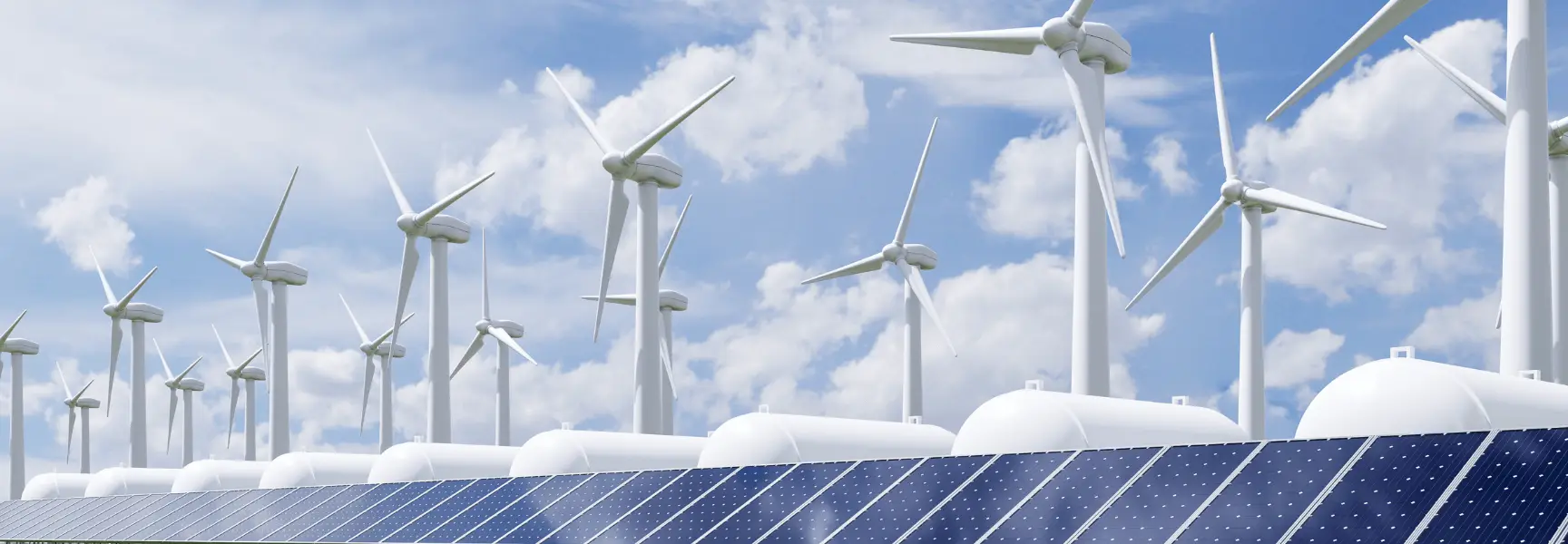Hey Florida business owners!
Did you know today is Global Wind Day? It’s a day dedicated to celebrating the power of wind energy and its role in sustainable development worldwide. But here in the Sunshine State, you might be wondering: how does wind energy compare to solar energy for businesses in Florida? Well, you’re in the right place! In this article, we’ll dive into the benefits of both solar and wind energy, helping you decide which is best for your business. Whether you’re running a beachfront restaurant in Key West or a tech startup in Orlando, this guide will help you make an informed decision.
Global Wind Day is celebrated every June 15th to highlight the benefits of wind energy and its potential to replace fossil fuels. It’s a great opportunity to explore how wind can contribute to a cleaner, more sustainable future. For Florida businesses, understanding both wind and solar energy options is crucial in making the best choice for lowering power bills and meeting sustainability goals.
Overview of solar energy
Let’s start with what we know best: solar energy for businesses in Florida.
benefits of solar energy:
– Cost Savings: Solar energy for businesses in Florida can significantly reduce your energy bills. By installing solar panels, businesses can cut their energy costs by up to 75%. According to a 2023 study by the Solar Energy Industries Association (SEIA), the average commercial solar installation in the U.S. saves businesses about $2,000 per month. Imagine that kind of savings over a year!
– Incentives: Florida offers excellent incentives for solar energy. The Federal Investment Tax Credit (ITC) allows you to deduct 30% of your solar installation costs from your federal taxes. For a system costing $50,000, that’s a potential savings of $15,000. Additionally, Florida provides property tax exemptions for solar energy systems, meaning your solar installation won’t increase your property taxes. Read more about the ITC here. Learn about Florida’s Property Tax Exemption.
– Reliability: Solar panels are incredibly reliable and require minimal maintenance. With lifespans of 25 years or more, they provide a long-term solution to your energy needs. According to the National Renewable Energy Laboratory (NREL), the average degradation rate of solar panels is less than 0.5% per year, ensuring consistent performance over decades.
GenXC Renovations’s Expertise: At GenXC Renovations, we’ve helped countless businesses in Florida transition to solar with seamless installation and ongoing maintenance support. One of our clients, a family-owned bakery in St. Petersburg, saw a 60% reduction in their energy bills after going solar. They now use those savings to expand their business and offer more delicious treats!
Overview of Wind energy
Now, let’s talk about wind energy.
benefits of Wind energy:
– Efficiency: Wind turbines can generate a significant amount of electricity, especially in areas with strong and consistent winds. The American Wind Energy Association (AWEA) reports that the average capacity factor for wind turbines in the U.S. is about 35%, meaning they produce electricity 35% of the time. This can lead to substantial energy savings in the right conditions.
– Land Use: Wind energy can utilize existing land without disrupting ongoing operations. For example, wind turbines can be installed on farmland, allowing for dual use of the land, which can be particularly beneficial for agricultural businesses.
– Scalability: Wind energy projects can be scaled up as energy needs grow, making it a flexible option for businesses with expanding operations. Wind farms can be expanded to meet increasing energy demands, though this often requires significant planning and investment.
Limitations in Florida: However, Florida’s relatively low and inconsistent wind speeds make wind energy less viable compared to other regions. According to the National Renewable Energy Laboratory (NREL), Florida’s average wind speed is around 5 to 6 mph, which is below the optimal range for efficient wind power generation. This means that while wind energy can be effective in other states, it’s generally not as practical in Florida.
Personal Anecdote: A client of ours, a marina owner in Fort Lauderdale, initially considered wind turbines for their business. However, after evaluating the wind speeds and comparing the costs, they realized that solar energy for their business in Florida was a more effective and reliable option given Florida’s sunny climate.
Comparing Solar and Wind Energy
Cost:
– Solar: Solar systems generally have lower installation costs compared to wind turbines. As of 2024, the average cost of solar energy for businesses in Florida is about $2.70 per watt. For a typical 12 kW system, this amounts to around $32,400 before incentives. According to the EnergySage Marketplace, solar installation costs have decreased by 70% over the last decade, making it more affordable than ever.
– Wind: Wind turbines often require a higher initial investment and more land. For example, a small commercial wind turbine can cost anywhere from $30,000 to $80,000, depending on the size and capacity. The U.S. Department of Energy notes that wind energy projects also include costs for site preparation and grid connection, which can add to the overall expense.
Suitability for Florida:
– Solar: Florida is known as the Sunshine State for a reason – it averages over 230 sunny days per year. This makes solar energy for businesses in Florida a highly reliable and efficient option. The Florida Solar Energy Center reports that the state receives an average of 5.5 peak sun hours per day, making it ideal for solar energy production.
– Wind: Florida’s wind speeds are generally not strong enough to make wind energy as efficient as solar. While wind can be a great option in other states, Florida’s climate makes solar the more practical choice. The National Renewable Energy Laboratory provides maps and data indicating that most of Florida’s wind resources are offshore, limiting the viability of land-based wind installations.
Flexibility:
– Solar: Solar panels can be installed on rooftops, carports, or even ground-mounted systems, making them versatile for different business setups. This flexibility allows businesses to utilize existing space effectively without requiring additional land.
– Wind: Wind turbines require more space and are generally better suited to rural or less densely populated areas. They also need a significant amount of clearance to avoid turbulence and optimize performance, which can be a constraint in urban or suburban settings.
Making the Choice: Solar or Wind?
Factors to consider:
– Location: Solar is more effective in sunny areas, while wind requires strong, consistent wind speeds.
– Energy Needs: Consider your business’s energy consumption and how each option can meet those needs. The U.S. Energy Information Administration (EIA) provides data and tools to help businesses understand their energy usage and potential savings.
– Incentives: Solar has more readily available incentives in Florida, which can lower the overall cost. Check out the Database of State Incentives for Renewables & Efficiency (DSIRE) for a comprehensive list of available incentives.
– Budget: Evaluate the upfront and long-term costs of each option. Consider not only the installation costs but also maintenance and potential savings over time.
Recommendations: For most Florida businesses, solar energy is the more practical and cost-effective choice due to the state’s abundant sunshine and available incentives. It’s reliable, easy to install, and offers substantial cost savings.
In conclusion...
To recap, both solar and wind energy offer unique benefits. However, for businesses in Florida, solar energy often provides a more reliable and cost-effective solution. With lower installation costs, excellent incentives, and Florida’s sunny climate, solar energy can help you save money and meet your sustainability goals.
Ready to explore solar energy for your business in Florida? Fill the form below and we’ll get in contact with you right away.



